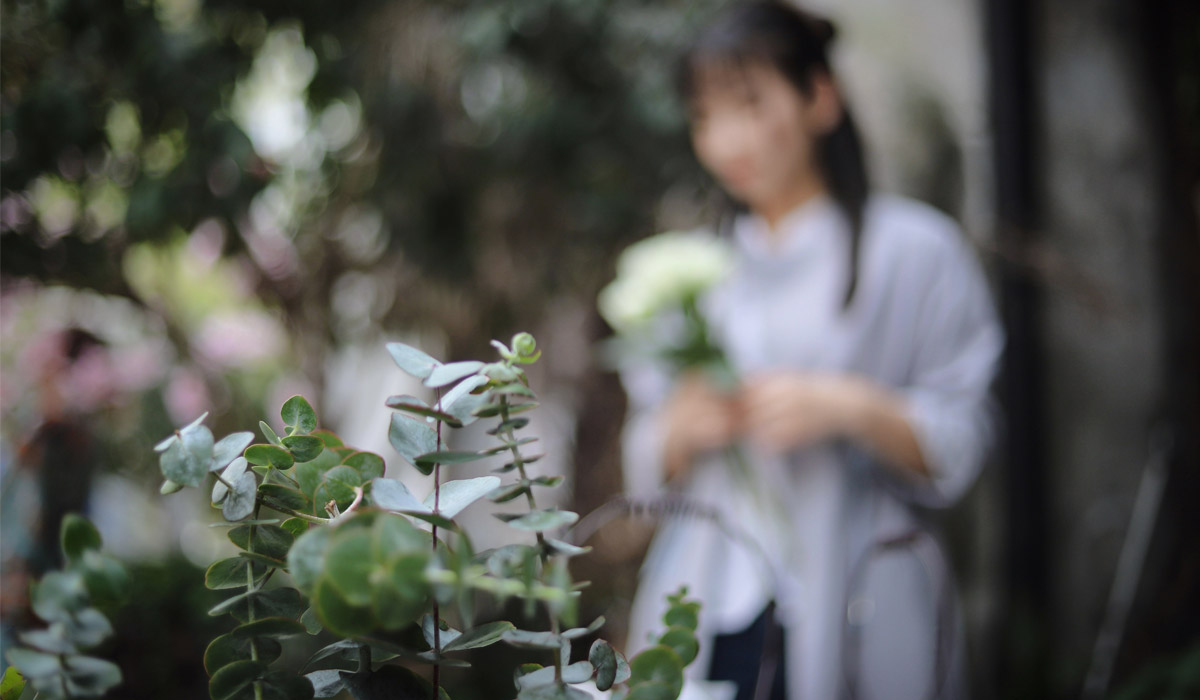Believing We Are Untrustworthy

One of the core truths we learn in story work is this: beauty and goodness expose evil for what it is, and, in return, evil will do whatever it can to mar beauty and rob goodness. Here, Kellay Chapman, a Core Facilitator with The Allender Center, reflects on the core message that often underlie evil’s attempts to destroy goodness: the accusation that we are too untrustworthy to know God or to know our own true selves.
What if sin didn’t originate with Eve, but instead was given to her? Perhaps even thrust upon her? What if sinning is not as natural as all the fathers with wooden spoons in their back pockets during church would have us believe? What if we really are made good and the battle is not against our true selves, but against the serpent’s claims? The underlying question the serpent asks is “Can you really trust yourself about God?” It gets at the core tendency for people to see themselves as inherently wrong, tainted, and untrustworthy—a tendency that often grows from the pattern of spiritual abuse embodied in this ancient story.
The Allender Center’s recent conversations around spiritual abuse have brought me to ponder Eve and the serpent and how this story echoes in my own life. I have begun to consider how this form of spiritual abuse has shaped my understanding of God and kept me from my true self.
Who would I be if I became the person I am deep down inside? Deep down inside I’m a writer. I laugh often and it’s genuine. I speak my mind. I don’t mind feeling awkward. I speak truth even when it’s disruptive. I cook delicious food and host dinner parties.
As I consider my true self, I realize it’s hard to be the person we are deep down inside because this person is harmed in the midst of his or her innocence. As children we eventually come to know harm, though we start out laughing, questioning, crying, raging, imagining, and creating with abandon. Somewhere along the way, our goodness and our understanding of the world are called into question. No wonder it’s hard to be our true selves. Journeying toward who we are deep down is terrifying because we have to reckon with the serpent and his claims again.
What if we really are made good and the battle is not against our true selves, but against the serpent’s claims?
Growing up in the South, I heard many Christian fundamentalists talk about how children are sinful and selfish from the womb. Yet, I keep looking at my six-month-old baby with all her feelings and I am aware of her goodness. With grief, I wonder when she may be told she cannot trust herself or her feelings? I know spiritual abusers use innocence to draw power. I have encountered it, my daughter will encounter it, Eve encountered it.
Eve was made without sin. Innocent. Very good. All good. Beautiful. All beautiful. And yet, the serpent comes whispering through his forked tongue, “You will not surely die.” The great lie. In essence the serpent tells Eve, “What you think is true is not true. You don’t know reality. You have misunderstood. In fact, I know God better than you.” As Eve’s innocence is assaulted with the deadliest question, “Can you trust yourself?” her goodness, her integrity, her understanding of the world, and her innocence are all being assaulted. In one conversation she has learned not to trust herself, and humanity has fallen from grace. The first assault is against the first woman’s own understanding of what is true. She abandons what she has known to be true, and then all comes to ruin.
I believe this is the template spiritual abuse often follows. Someone craftier than we are challenges what we know to be true, claiming he or she knows God better than we do. To question this person we risk losing God. It’s a treacherous trap and the harm is so potent because it is an attack on how we relate to ourselves and God. It demands we abdicate our true selves and need another to interpret God for us. In order to restore agency in our own relationship with God, we must contend with the serpent’s claim that he knows God better than we do.
Eve believed the serpent. And, so did I. Now I am on a journey of rediscovering myself and learning how to not pass on this mistrust of self to my daughter. I am beginning to own my connection with God, knowing that it is not dependent on any person. I am finding that the far-reaching roots of spiritual abuse in my life begin to wither when I accept I was made good by a God who promises that I, my very own self, can both know God and be delighted in for who I truly am by God.
